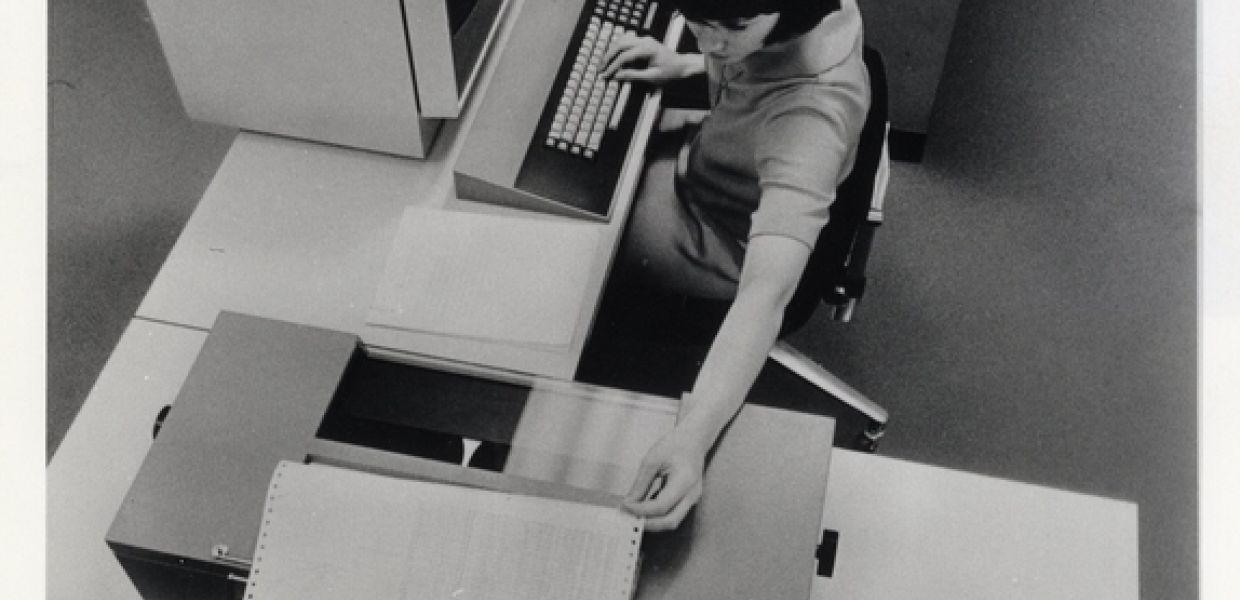Making it easier to provide collections to Europeana
A new bespoke system for processing collections and an accreditation scheme to support aggregators are making it easier and more rewarding to provide digital culture to Europeana.
Europeana Collections displays cultural heritage material from around 3,700 different institutions. A network of aggregators collects the data from, for example, a specific country, or a type of institution like museums, or on a particular topic, like natural history, and from there, sends it on to Europeana.
The Europeana Aggregators’ Forum brings together the various national, domain and thematic aggregators, so they can share expertise and knowledge. A new accreditation scheme empowers them to support their contributing institutions and to give those institutions greater assurances in the skills and knowledge of their aggregators, with the goal of working towards improving the quality of data in Europeana Collections.
In the past year, over 130 cultural heritage institutions from 34 countries received individual support, guidance and advice from the aggregators on how to prepare their material for inclusion in Europeana. This eventually affected more than 10 million records.
A new bespoke system for managing new and updated material, Metis, is now used by the team at Europeana, and with its automated procedures, is already reducing the time it takes for a collection to be processed and published. This means that updates to collections are available online much sooner than they were before. The processes that Metis facilitates, such as being able to check for broken links, support efforts to improve data quality.
The quality standard, the Europeana Publishing Framework, has this year been revised to include quality standards for metadata in addition to the existing standards for content. In the last year, the number of non-compliant records was reduced by 3 million. Europeana continues to encourage aggregators and institutions to refer to this Framework and to create better content and metadata. In line with the Framework, Metis calculates and ‘tags’ each record in Europeana Collections with the tier it corresponds to for both content and metadata. This means it’s easier to identify collections that require improvement as well as those that are of a high standard and so can be promoted and used in more ways.
An extensive series of events, including national workshops in Slovenia and Austria, brought cultural heritage institutions, aggregating partners and the Europeana Foundation together to address the challenges and benefits of publishing cultural heritage online, using the Europeana Publishing Framework to demonstrate how collection quality influences potential uses.


